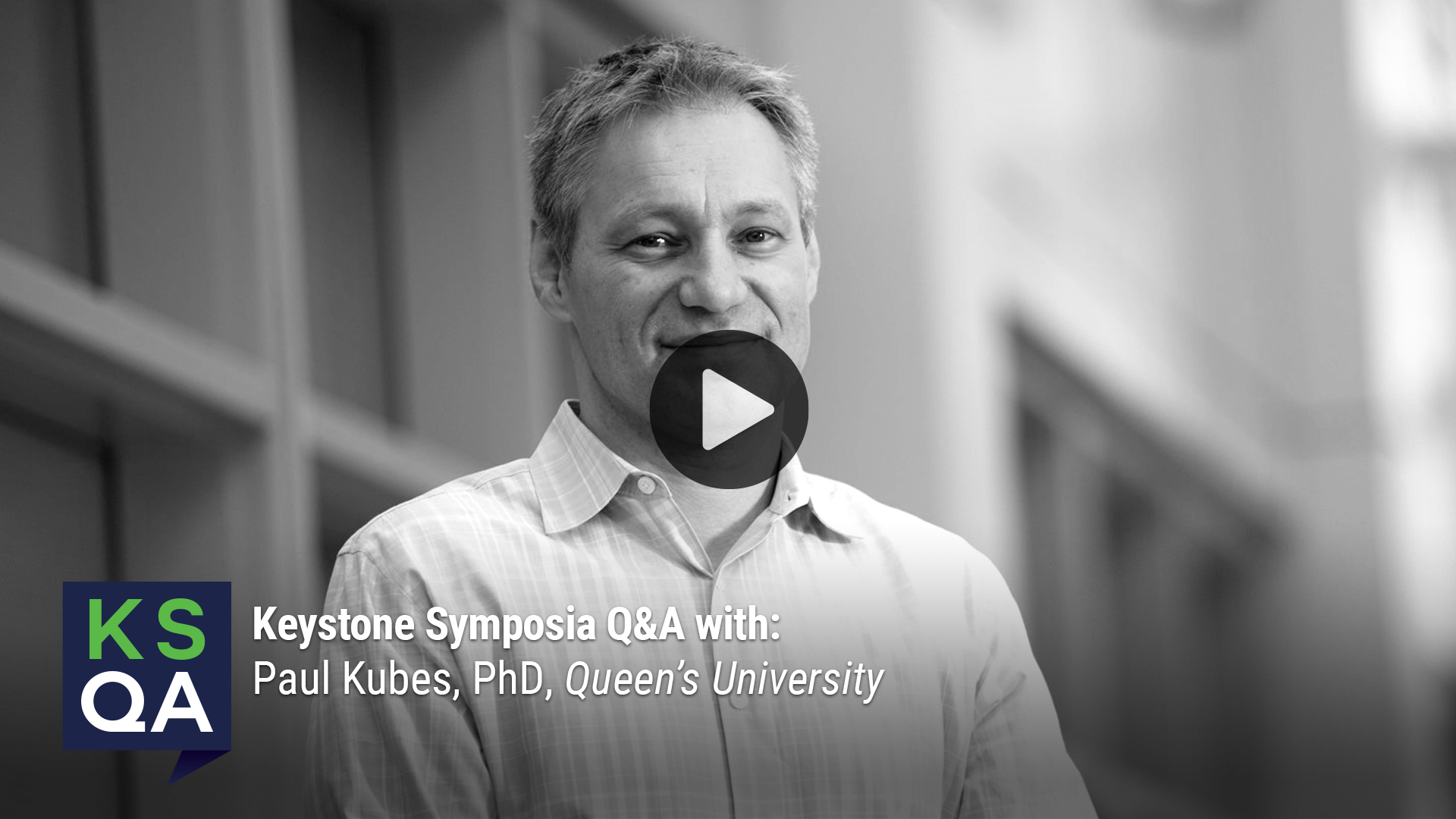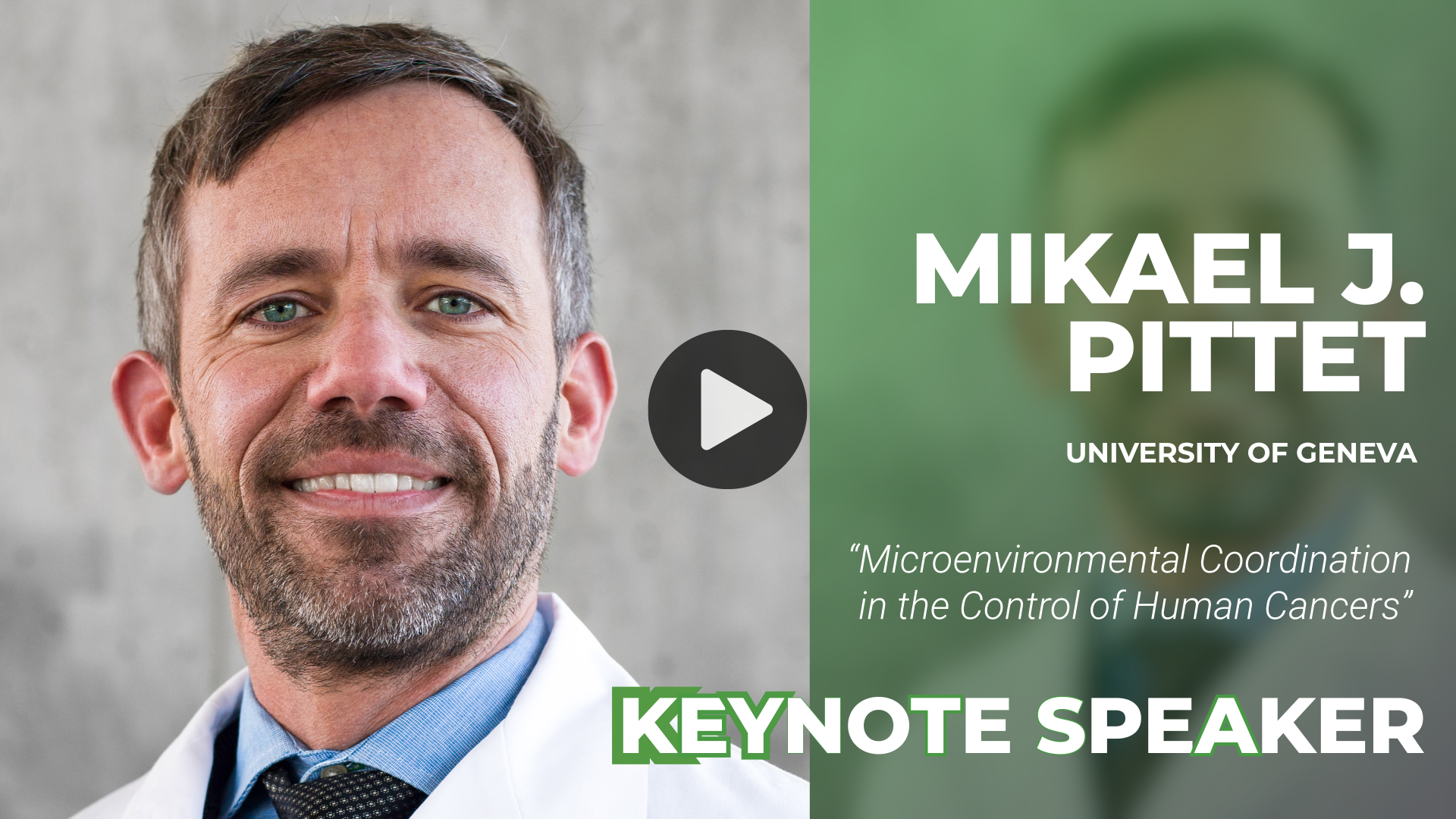Mar 03–06, 2025 | Herrenhausen Palace, Hannover, Germany
Scientific Organizers:
Irina A. Udalova, Ana-Maria Lennon-Duménil and Paul Kubes
Mar 03–06, 2025 | Herrenhausen Palace, Hannover, Germany
Scientific Organizers:
Irina A. Udalova, Ana-Maria Lennon-Duménil and Paul Kubes
Important Deadlines
Meeting Summary
Myeloid cells are essential components of the innate immune system and play a key role in the pathogenesis of many diseases. We now have a good understanding of their development and diversity, as well as their distinct biological roles. However, how myeloid cell responses are shaped by the tissue microenvironment, including interaction with other cells, mechanics and osmotic influences in specific locations, remains less studied.
This meeting will address the different mechanisms underlying signaling, epigenetic, and metabolic adaptations of myeloid cells to their chemical and physical environment. It will bring new biochemical and biophysical concepts to the classical immunological and modern genomic views of myeloid cells. Importantly, we will integrate these various aspects of how myeloid cells interact with their tissue environment, to unravel this complex relationship.
The meeting will bring together interdisciplinary groups of scientists who normally would attend more specialized meetings, to collectively integrate their knowledge and advance the field. To facilitate these cross-disciplinary interactions we will feature workshops and panel discussions on topics such as immune-mechano-sensing, which will engage attendees to think outside their typical siloes and integrate new perspectives. Attendees of this meeting will form new conceptual views on the inter-connected life of myeloid cells in tissues, and develop new collaborations at the intersection of disciplines to advance their research, and the field.
In the video below, Dr. Paul Kubes, PhD from Queen's University, talks about what to expect from the meeting and why you should register:
And, check out the speaker highlights:
Unique Career Development Opportunities
This meeting will feature a Career Roundtable where trainees and early-career investigators will have the opportunity to interact with field leaders from across academic and industry sectors for essential career development advice and networking opportunities. Find out more about Career Roundtables here: https://www.keystonesymposia.org/diversity/career-development-initiatives
SPECIAL RECOGNITION:
KEYSTONE SYMPOSIA THANKS OUR MEETING EXHIBITOR(S):
KEYSTONE SYMPOSIA THANKS THESE DONOR(S) FOR GENEROUSLY SUPPORTING THIS MEETING:
THESE COMPANIES HAVE GENEROUSLY AGREED TO COVER THE EXPENSES OF THEIR EMPLOYEES WHO ARE SPEAKING AT THIS MEETING:
GRANT RECOGNITION:
Federal Funding provided by the National Institutes of Health:
Funding for this conference was made possible [in part] by 1R13AI188934-01 from the National Institute of Allergy and Infectious Diseases (NIAID). The views expressed in written conference materials or publications and by speakers and moderators do not necessarily reflect the official policies of the Department of Health and Human Services; nor does mention of trade names, commercial practices, or organizations imply endorsement by the U.S. Government.
To access the NIH Safe Environment Policy, please click here.
KEYSTONE SYMPOSIA THANKS OUR GIFT-IN-KIND MEDIA SPONSORS
Subscribe for Updates

